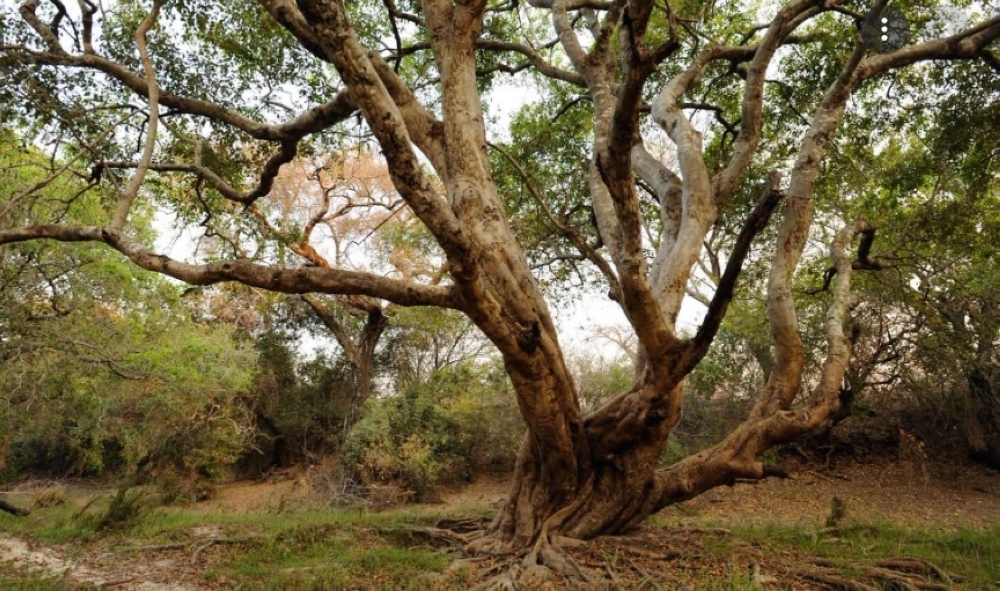A quarter of Namibia’s forests destroyed
Documentary short films launched
Elvira Hattingh“Namibia has already lost about a quarter of all its forests; of an existing 8.8 million hectares (ha) there is only 6.6 million ha left.”
This is according to the Food and Agriculture Organisation’s (FAO) 2020 report.
“I always try to put it in simple terms: Where there are forests, there is rain. Where there are no forests, there is no rain,” says Dr Clemens von Doderer of the Hanns Seidel Foundation.
He was speaking at the launch of a series of three documentary short films, called The Forests of a Desert Land: Stories from Namibia, in the capital last week.
Von Doderer said there are several reasons why more and more forests are dying off. These include clearing for agricultural production and the devastation caused by fires, but also illegal and unsustainable practices.
He said they have obtained money from the European Union (EU) for a project in the Kavango and Zambezi regions for the sustainable management of forests. “It is important that we as a nation meet around our ecosystems and appreciate forests because they form the foundation for our survival.
“I am not a so-called ‘tree-hugger’. However, as stated in the Namibian constitution, I believe we too must use natural resources sustainably and to our advantage.”
During the event, the Minister of the Environment, Forestry and Tourism, Pohamba Shifeta, said the documentary series was borne from a collaboration between the ministry and the Hanns Seidel Foundation.
Raising awareness
“The aim is to raise awareness about the importance of forests as ecosystems for humans and the environment,” he said.
He added that Namibia’s Independence Day is also World Forest Day, while other environmental days such as World Day for Wetlands and World Water Day are also commemorated. “We use these days to create awareness, not just about the importance of our forests, but also about the various threats to survival thereof. We have also given seedlings to various schools so that they can be planted.”
Shifeta explained that healthy forests are essential for humanity's survival because they purify water and air, and are custodians of diversity.
“Healthy forests help us regulate climate, cool our environment, and absorb greenhouse gases. Forests and other vegetation produce between 20% and 30% of all the oxygen we breathe.”
Furthermore, forests provided relief to local communities and are a source of medicine, food and homes.
In the documentary series, a schoolgirl, a marathon athlete and a wise old man talk about the importance of forests for their survival.



